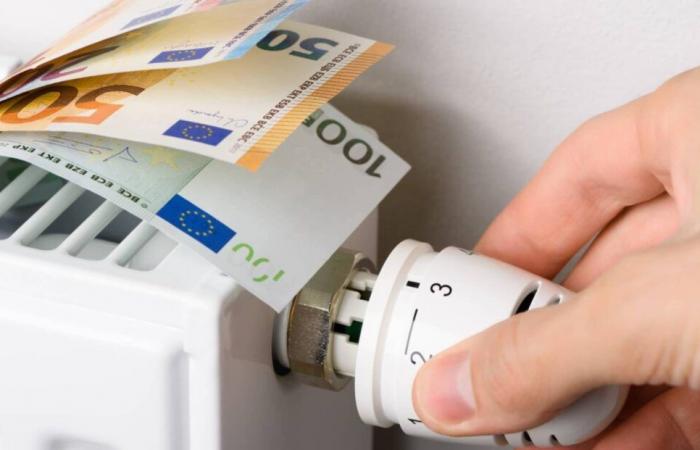Since January 1, Belgium no longer receives Russian gasmarking a major energy turning point. This decision, linked to the geopolitical context in Ukraine, could significantly increase the household bills.
Between rising prices on the markets and uncertainties about alternative supplies, Belgian consumers must adapt to a rapidly changing energy landscape. European policies seek to strengthen energy security through new supply strategies. The energy transition is thus becoming a central issue to limit the impacts on homes and businesses.
An inevitable rise in prices for households
Since the total cessation of Russian gas flows, prices on the European market, particularly at the TTF in Amsterdam, have increased. A megawatt hour of gas is now trading at around 47.70 euroscompared to 30 euros a few months previously. This increase particularly affects households with a variable energy contract, where prices fluctuate according to wholesale prices. For these families, the annual bill could jump by a third, from 1,000 euros to around 1,400 euros, according to expert Joannes Laveyne.
Fixed contracts, although more stable, do not guarantee long-term savings. These offers include high fixed costs and may turn out to be less advantageous if the market stabilizes. To limit the financial impact, some consumers are considering energy alternativessuch as the installation of heat pumps or more efficient thermal insulation systems. At the same time, public authorities are encouraging energy saving measures, but their adoption remains slow given the initial investment costs.
An energy dependence in full transformation
Belgium, although only 8% dependent on Qatari gas, remains vulnerable to tensions on global supplies. In response, Europe is organizing itself to secure its stocks, currently 73% full, thanks in particular to group purchases and the development of liquefied natural gas (LNG) terminals.
This transition is also accompanied by a diversification of sources, with a growing share of gas coming from the United States. However, the high cost of processing and transporting LNG impacts final prices, making a return to pre-war rates unlikely. Geopolitical instability and political decisions, such as taxing exporters, also play a key role in this volatility. Experts believe that without strengthened cooperation between member states, imbalances could persist, worsening inequalities in access to energy. For consumers, this could mean constant pressure on the family budget.
A reaction? Leave a comment
Did you like this article? Subscribe to our free Newsletter for engaging articles, exclusive content and the latest news.






